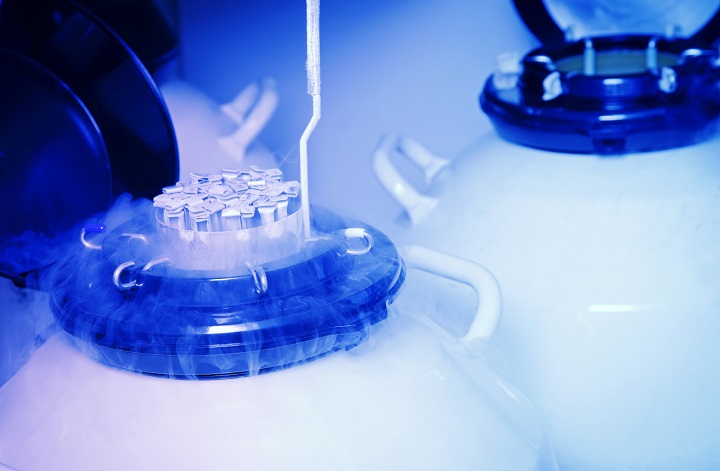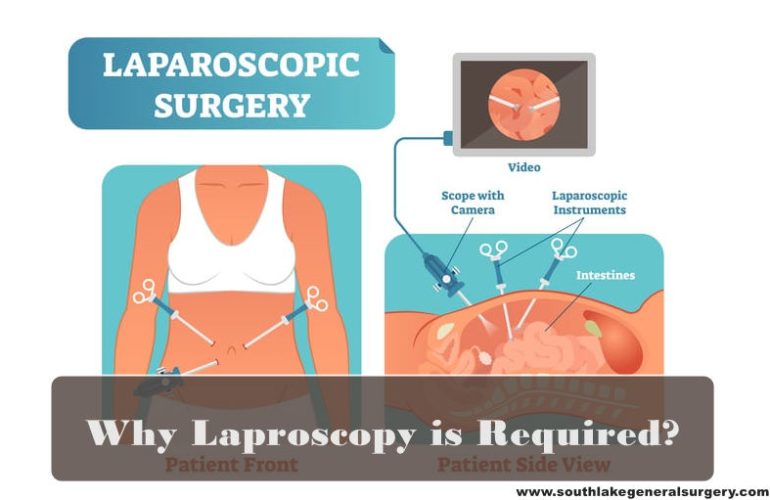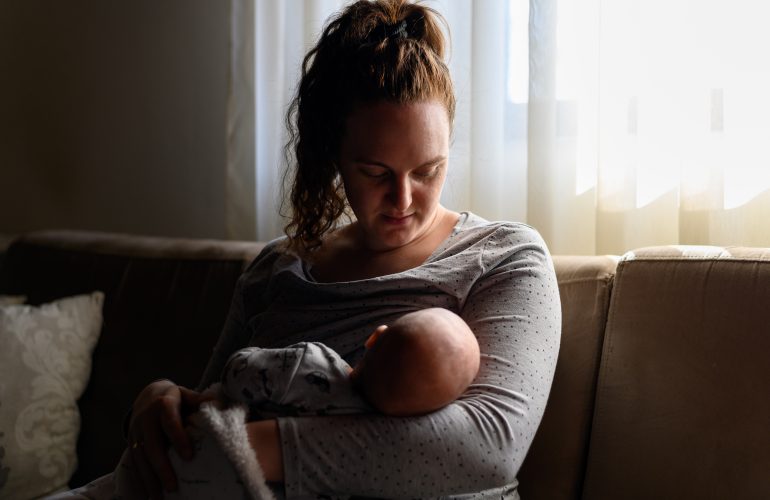Age-Related Fertility Decline
When Should I Freeze My Eggs?
As women age, the quality and quantity of their eggs begin to decline. This is a natural and inevitable process and is commonly known as age-related fertility decline. As a woman’s fertility decreases with age, it becomes increasingly difficult for her to conceive a child naturally. This is why many women choose to freeze their eggs to preserve their fertility.
Factors To Consider Before Deciding To Freeze Eggs
Before deciding to freeze your eggs, there are several factors that you need to consider. Firstly, you should consider your age and how quickly your fertility is declining. If you are in your early thirties, you may still have a few years to decide whether to freeze your eggs. However, if you are in your late thirties or early forties, your fertility may be declining rapidly, and you should consider freezing your eggs sooner rather than later. Secondly, you should consider your overall health and medical history. Certain health conditions can impact your fertility and may increase the urgency to freeze your eggs. Finally, you should consider your financial situation, as egg freezing can be expensive.
| Age | Chance of Natural Pregnancy | Success Rate of Egg Freezing |
|---|---|---|
| 35 | 15-20% | 26-35% |
| 38 | 10-15% | 20-29% |
| 41 | 5-10% | 6-16% |
Egg Freezing Process And Procedures
Freezing your eggs can be a great way to preserve your fertility and plan for your future. Many women choose to freeze their eggs for a variety of reasons, including medical conditions that affect fertility, personal choice, or delaying motherhood. If you’re considering freezing your eggs, you may be wondering about the egg freezing process and procedures.
The first step in the egg freezing process is to undergo ovarian stimulation. This involves taking fertility medications to stimulate your ovaries to produce multiple eggs. During this time, your doctor will monitor your progress with ultrasounds and blood tests to determine when the eggs are ready to be retrieved.
The next step in the egg freezing process is the actual egg retrieval procedure. This is typically done in an outpatient setting and involves using a needle to extract the mature eggs from your ovaries. You will be under sedation during the procedure and should not feel any pain.
| Factors to consider before freezing your eggs | Financial considerations |
|---|---|
|
|
After the eggs have been retrieved, they will be frozen and stored for future use. When you are ready to use your eggs, they will be thawed and fertilized with sperm in a laboratory. The resulting embryos will be transferred to your uterus to hopefully result in a successful pregnancy.
Overall, the egg freezing process and procedures can be an effective way to preserve your fertility and plan for the future. However, it’s important to consider the factors involved and consult with your doctor to determine if it’s the best choice for you.
Egg freezing can be a great option for women who want to preserve their fertility. However, it is important to consider the financial implications before making a decision. Remember to factor in the cost of egg retrieval, medications, storage fees, and future IVF cycles. With careful planning and research, you can make an informed decision that is right for you.
Factors To Consider Before Deciding To Freeze Eggs
Factors To Consider Before Deciding To Freeze Eggs
Many women choose to freeze their eggs for various reasons. It could be due to medical conditions, age-related fertility decline, or simply because they have not yet found a suitable partner. Whatever the reason may be, it is essential to consider several factors before deciding to freeze your eggs.
Age is a significant factor to consider when deciding to freeze your eggs. Women are born with a certain number of eggs, and as they age, the quantity and quality of their eggs decline. The best time to freeze your eggs is before the age of 35. At this age, the chances of your eggs being healthy and viable are higher. Freezing your eggs before you hit your mid-30s will give you a better chance of conceiving using your frozen eggs in the future.
Another factor to consider is your current ovarian reserve. Before deciding to freeze your eggs, it is essential to know how many healthy eggs you have at present. A thorough fertility assessment will give you a clear idea of your current ovarian reserve, and whether it is the right time to freeze your eggs. With this information, your doctor can guide you on when to freeze your eggs and how many cycles you may need to undergo to achieve a reasonable number.
| Financial Considerations | Emotional Considerations |
|---|---|
| Freezing your eggs can be costly. It is essential to consider the financial aspect before deciding to undergo the procedure. The cost of freezing your eggs varies depending on your location and the clinic you choose. You must consider how much you are willing to spend and if it makes financial sense for you at the moment. | Freezing your eggs can also be an emotional rollercoaster. Emotions like anxiety, fear, and hope may run high during the procedure. It is essential to consider the psychological impact of the procedure and take the necessary steps to prepare yourself emotionally. You may also want to consider seeking support from loved ones or a therapist. |
Finally, you must consider your current lifestyle and future plans. Freezing your eggs is not a guarantee that you will conceive in the future. You must consider if your current lifestyle is conducive to having a child. Factors like your career, travel plans, and relationship status should be taken into account. It is essential to have a clear plan on how you intend to use your frozen eggs, and what happens if you do not conceive using them.
Freezing your eggs can be an excellent option for women who want to preserve their fertility for the future. However, it is essential to consider the factors mentioned above before making a decision. Consulting with a fertility specialist can also help you navigate the process and ensure that you make an informed decision.




